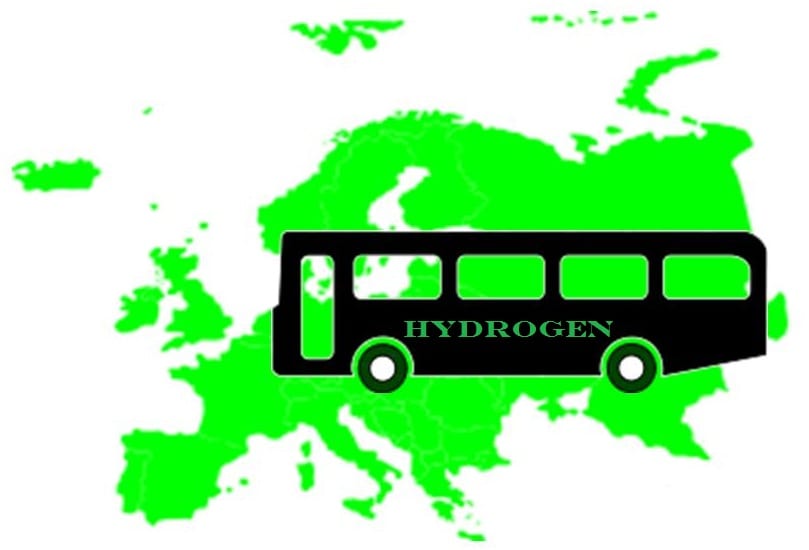Hydrogen fuel buses to come from new partnership
December 12, 2013Ballard teams with Van Hool
 Ballard Power Systems, a leading developer of fuel cells, has entered into a Memorandum of Understanding with Van Hool, a bus manufacturer based in Belgium. Per the non-binding agreement, the two companies will work together to develop a new line of hydrogen fuel buses. These types of buses are becoming quite popular throughout Europe, where many countries are looking to cut down on the emissions related to public transportation. Hydrogen fuel buses are already relatively active in Germany and France.
Ballard Power Systems, a leading developer of fuel cells, has entered into a Memorandum of Understanding with Van Hool, a bus manufacturer based in Belgium. Per the non-binding agreement, the two companies will work together to develop a new line of hydrogen fuel buses. These types of buses are becoming quite popular throughout Europe, where many countries are looking to cut down on the emissions related to public transportation. Hydrogen fuel buses are already relatively active in Germany and France.
Companies seek to answer calls for proposals
Beginning in February 2014, the two companies will work to respond to a recent call for proposals from the European Hydrogen Fuel Cell Joint Undertaking. The organization is seeking out projects that are focused on hydrogen-based transportation. Van Hool and Ballard also plan to answer similar calls for proposals from the Horizon 2020 program, which is also seeking projects focused on clean transportation.
27 hydrogen fuel buses scheduled for 2014
Per the agreement, Ballard and Van Hool will launch 27 hydrogen-powered buses in Europe throughout 2014. These buses will be powered by hydrogen fuel cells developed by Ballard. These fuel cells will be put to work in all-hydrogen and hybrid buses and are expected to help address some of the issues associated with public transportation and emissions production. The buses will take advantage of some public and private hydrogen stations that are based within the countries they will be operating in.
Auto industry shows strong support for fuel cells
Hydrogen fuel cells are not only popular in the field of public transportation, of course. The global auto industry has taken a strong interest in these energy systems in recent years. Many automakers plan to release hydrogen-powered vehicles around the world beginning in 2015. Fuel cells are expected to compete with lithium-ion batteries in the field of transportation, but many automakers believe that fuel cells will eventually replace batteries in the long term.

 With over 15 years of reporting hydrogen news, we are your premier source for the latest updates and insights in hydrogen and renewable energy.
With over 15 years of reporting hydrogen news, we are your premier source for the latest updates and insights in hydrogen and renewable energy.